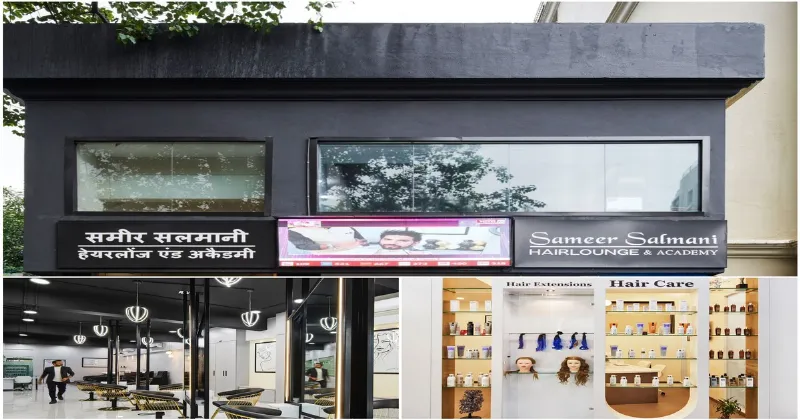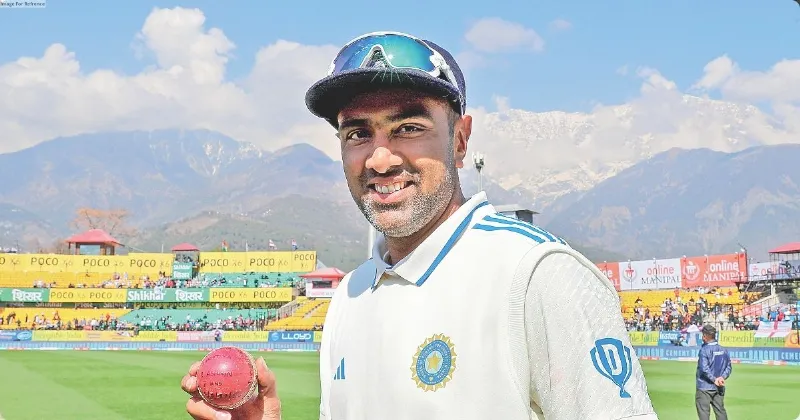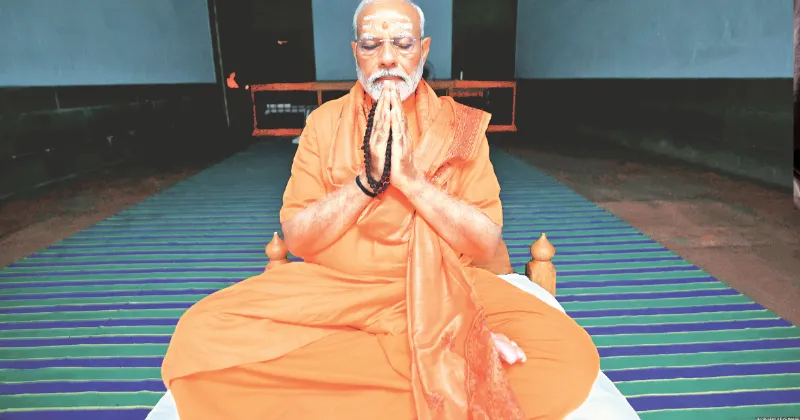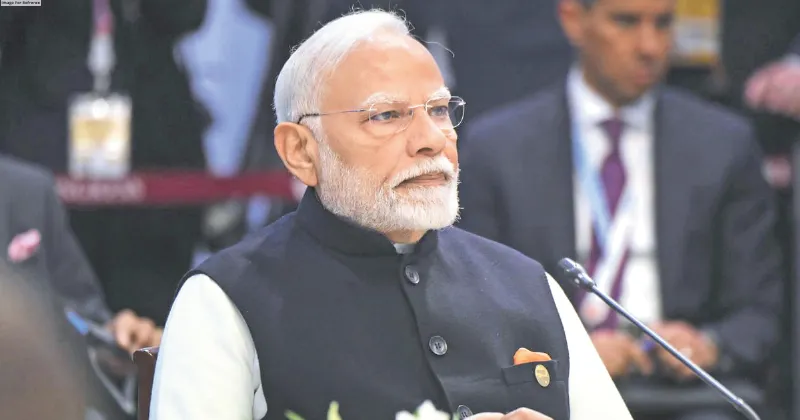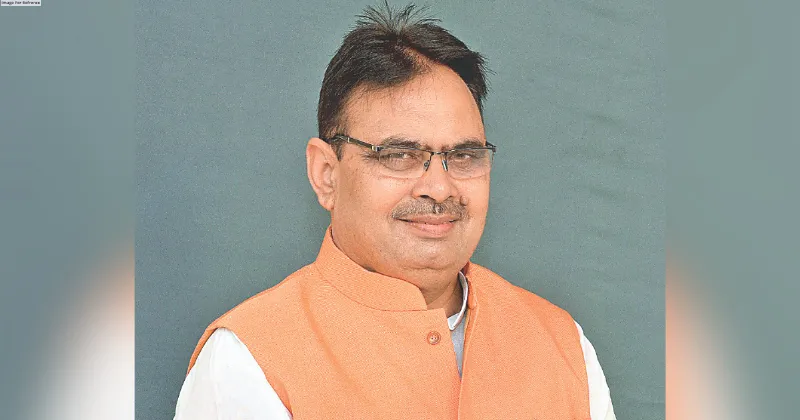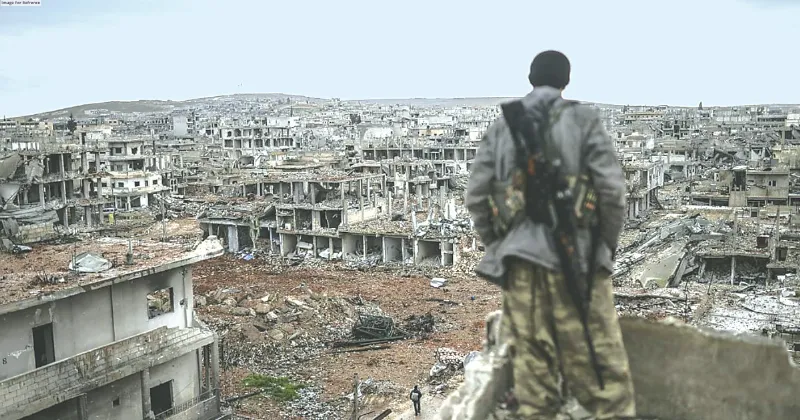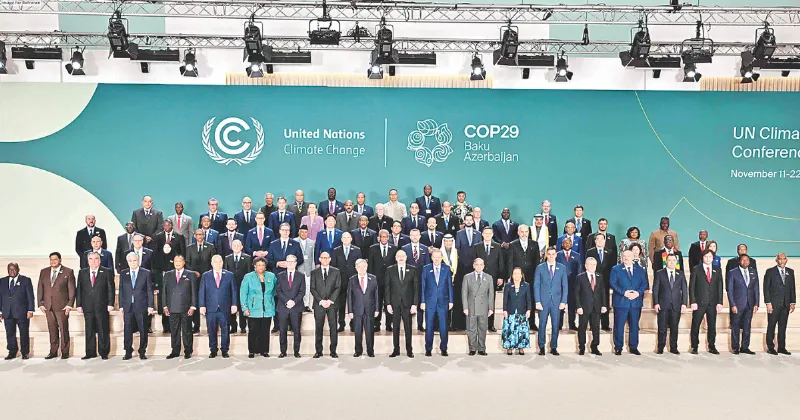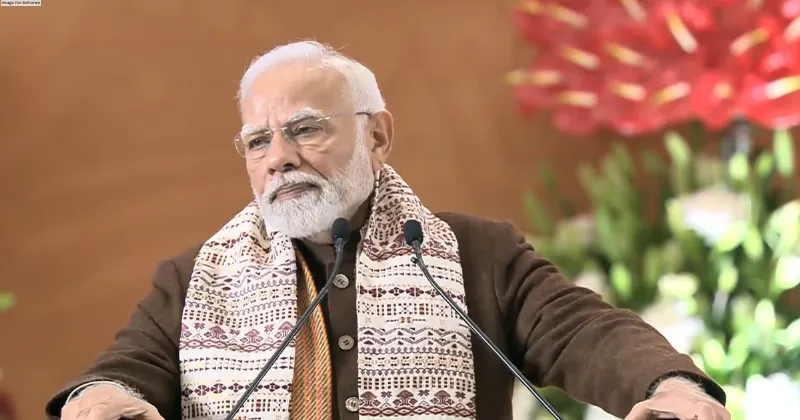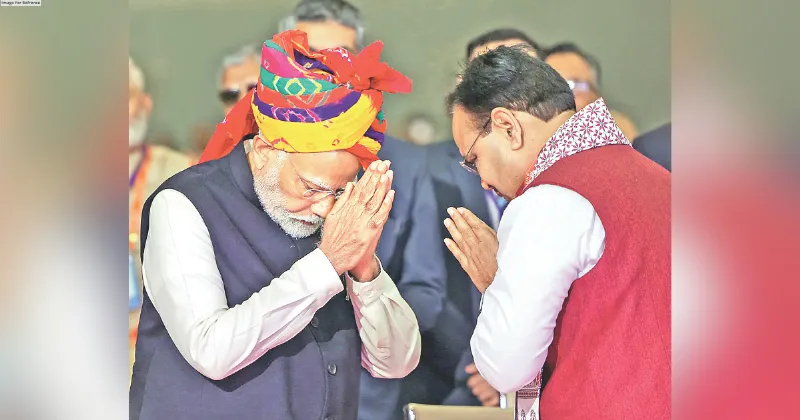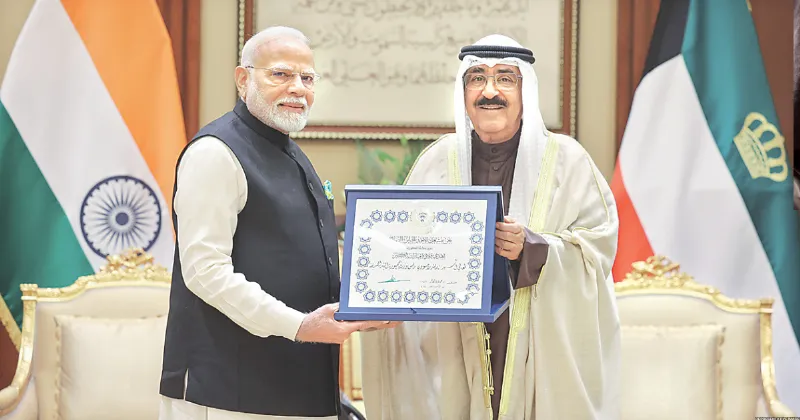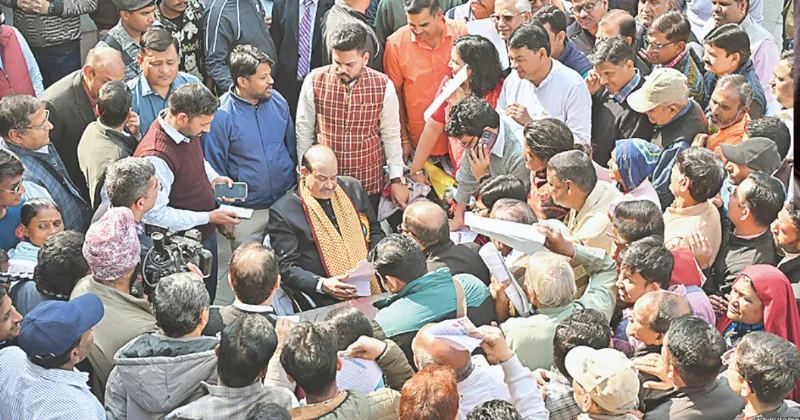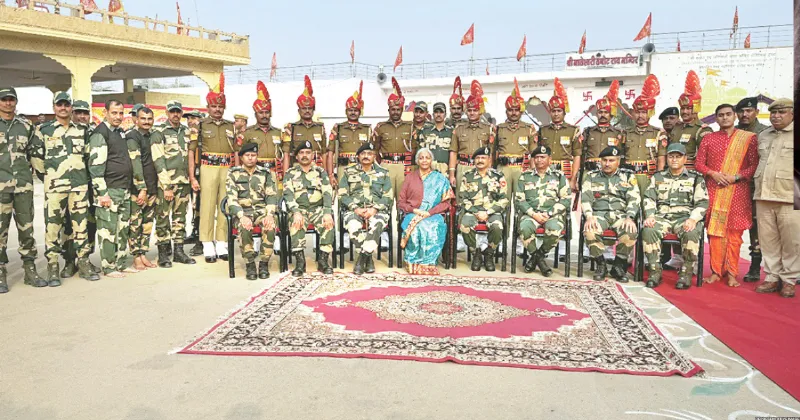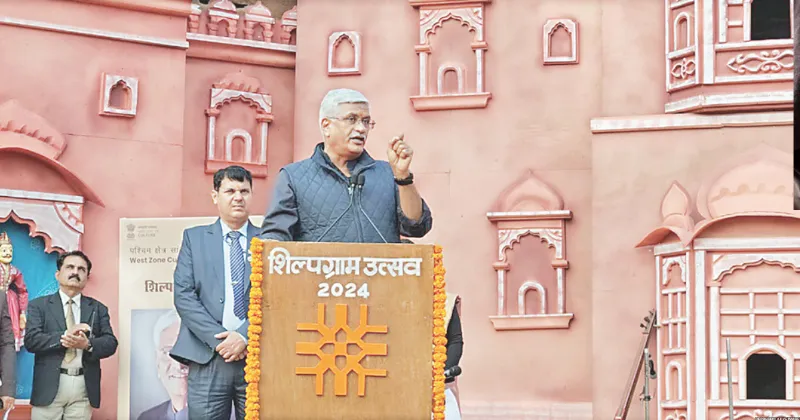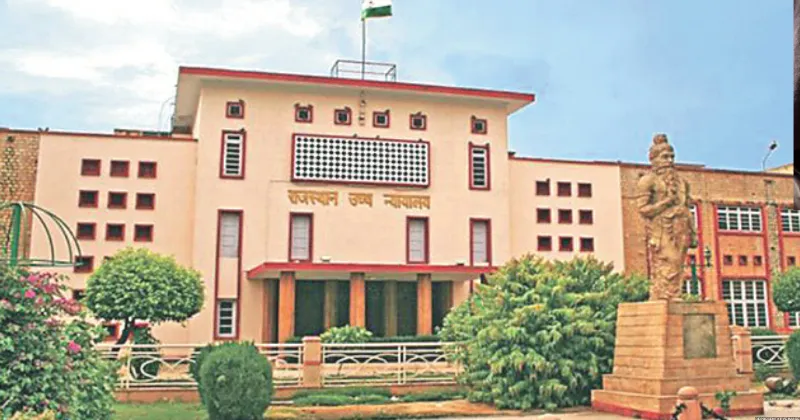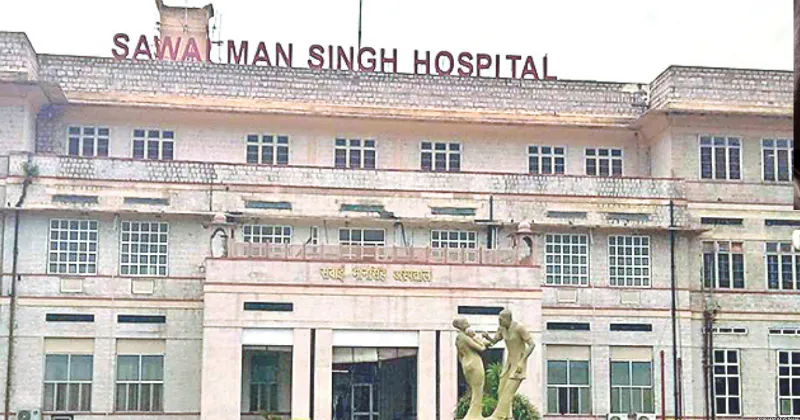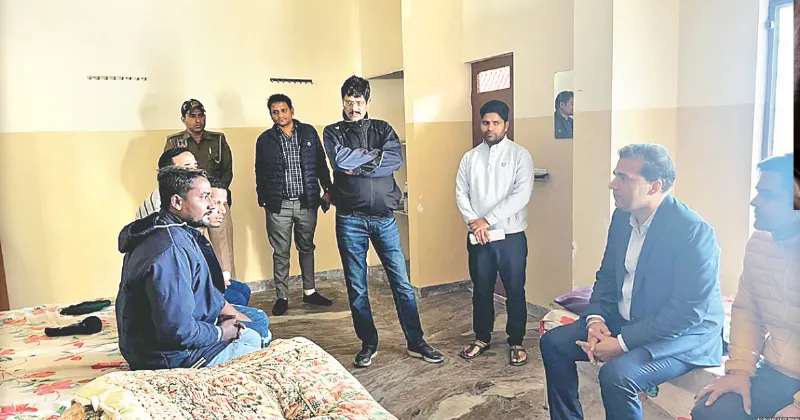UNSTABLE PAKISTAN threat to regional security

At its founding in 1947, the culturally and religiously diverse state of Pakistan lacked a unifying force and soon plunged into political turmoil. Successive governments crumbled as corruption and infighting weakened the central government, and provincial leaders retained the real power. The country has seen three regimes of corrupt military rule: 1958- 71, 1977 – 1988, and 1999-2007. Even during periods of civilian rule, power would typically oscillate between the Pakistan Muslim League (PML) and the Pakistan People’s Party (PPP) but the military remained the de facto power broker, forging and dissolving alliances and governments that best suited its interests. As a result, of the twenty-nine prime ministers since independence, none have completed a full five-year term. Most Pak rulers have thrived on AntiIndia agenda and have fought three unsuccessful full-fledged wars and one limited conflict since independence. Despite humiliating defeats Pakistan continues waging a proxy war against India through perpetuating terrorism in Kashmir and rest of India.
Having harboured and supported terror groups like Al-Qaeda, Lashkar-e-Omar, Lashkar-e-Taiba (LeT), Jaish-e-Mohammed (JeM), ISIS-KP, and initially Taliban, Pakistan has been branded as Heaven for Terror Groups across the World. Increased international pressure and suspension of aid by US has forced Pakistan to make efforts to rein in these terror groups who have now become detrimental to Pakistan own security. Among them, the most prominent and challenging one today is Taliban supported Tehreeke-Taliban-e-Pakistan (TTP).
In mid Nineties, Pakistan’s national politics saw rise of Imran Khan who came roaring as a crusader, a beloved cricketer and pride of country. However, as the political winds shifted, the Army’s allegiance moved away from Khan, and he was ousted from the government. A coalition of Opposition leaders assumed control and the old political class of the Sharif and Bhutto family was reinstated. In the general election held in February 2024, independents aligned with Imran Khan received more votes than either of those two parties. But finally, a deal was struck between PML, PPP and Pakistan Military where Shehbaz Sharif of the army-backed PML to serve as Prime Minister, and the PPPs Asif Ali Zardari to be President denying Imran Khan’s Pakistan Tehreek-eInsaf (PTI) party any chance from coming to power.
CURRENT SCENARIO
The situation post recent elections has created more instability in Pakistan and despite PML and PPP forming a government with mediation of Army by denying the PTI a chance to stake claims is only indicative of the fact that the political turmoil is far from over.
Pakistan is grappling with economic challenges with record inflation and ballooning unemployment. The dire economic situation has forced Pakistan to make difficult budgetary cuts and raise taxes to meet IMF demands, leading to public unrest. Widespread dissatisfaction with governance and corruption have further fuelled public discontent.
The role played by army in current political crisis reiterates the perception of the military’s meddling in political matters and has raised concerns about democratic processes and civilian control over governance.
Pakistan has been grappling with the rise of radicalization and extremist ideologies within certain segments of society. Militant groups pose a significant threat to stability and presents a risk of proliferation of nuclear components or fissile material in wrong hands.
CONCERNS FOR INDIA
A political and economic meltdown leading to widespread chaos and social unrest in Pakistan can create a volatile environment in the region and being its immediate neighbour directly affects India’s security interests.
A destabilised Pakistan creates the risk for further proliferation of militant groups in the region posing greater risk of international terrorist attacks including the probability of nuclear components or fissile material falling in wrong hands, thus has severe implications for the entire region, including India.
In the past, during periods of internal instability, Pakistan has attempted to divert attention and rally support by escalating tensions with India. Any provocative actions or attempts to divert attention from internal issues could lead to increased border tensions and rise in cross border terrorism, posing risks to regional stability. Thus, India needs to exercise caution and adopt a prudent approach.
WAY AHEAD
New government of PML and PPP has to aim at wider national consensus to include PTI and Army to address issues of corruption, improving public service delivery, and ensuring the rule of law. At the same time make efforts to strengthen democratic institutions, enhance transparency, and promote good governance.
Pakistan needs to accelerate its efforts to counter terrorism effectively and relay a message of sincerity to global fora. Enhance its border security and cooperation with neighbouring countries, including intelligence sharing to mould the environment for curbing cross-border terrorism.
Addressing socio-economic disparities and promoting inclusive development are essential to undermine the appeal of radical ideologies. This involves investing in education, healthcare, infrastructure, and job creation to uplift marginalized communities.
Improve home security environment and balance respect for civil liberties, human rights, and the rule of law. Striking a balance between security measures and preserving individual freedoms is essential for maintaining societal harmony and preventing further radicalisation.
Pakistan has to work on stopping cross-border terrorism and India may have to consider to recommence talks. The only way out is political leadership of both countries have to do or undo domestic political narrative building.
Both India and Pakistan can work on softening the visa regime, promoting religious tourism, encouraging people-to-people contact, restarting bilateral trade and fight common challenges such as climate change, water scarcity and improvement in human development indicators.
2024 is a year of elections both for India and Pakistan and both can win mutual trust and move on to work together to promote peace and harmony in the region. The beginning can be made with filling up of positions for high commissioners by both the countries.
THE VIEWS EXPRESSED BY THE AUTHOR ARE PERSONAL
Col Rajesh Bhukar The writer is a Post Graduate in International Studies, Alumni of Defence Services Staff College, Wellington and College of Combat, Mhow [email protected]



